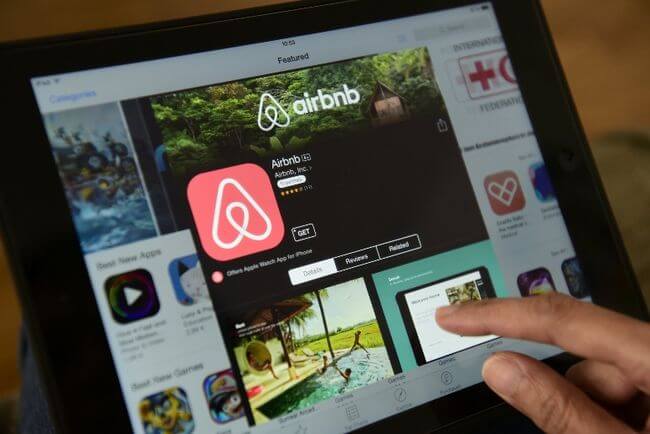theQuestion: Should Metro Vancouver crackdown on Airbnb to address rental crisis?*
It should be self-evident that in the midst of a housing crisis — squeezing both purchase and rental — local lawmakers ought to consider a co-ordinated crackdown on Airbnb.
While low income renters are always hurt the hardest in an expensive market, many millennials are now also in dire straits. The malignant growth in home prices already eliminated for many the opportunity to purchase a home. But now, according to a newly released report from Vancity, high rents and a near zero vacancy rate have made long-term rental in the city an inviable option as well. Can’t buy and can’t rent is forcing many to flee to the suburbs and face long commutes or employment changes.
I’ve been critical of millennials arguing they are a group of coddled whiners who believe home ownership is a human right, when it’s not. However, this opprobrium relies on an affordable rental market with enough supply of available units to ensure people who can’t buy can rent.
Airbnb must be having an impact. The high-tech darling of the new “sharing economy” is essentially a match-making service partnering out of-town visitors looking for a cheap stay with local home owners seeking incremental revenue from the rental of a single room, basement suite, condo or entire house. In many cases rental opportunities normally taken by local long-term renters are being diverted to Airbnb customers for short stays. Typically, landlords or “hosts” generate significantly more revenue from renting to transient tourists than providing homes for local residents.
Seeking to address backlash over it’s impact on rental vacancies in Vancouver, Airbnb released a new report claiming that nearly 77% of the 6,400 units listed on the service in its Vancouver community were “entire homes”. This wordplay is intended to have people think ‘house’ and obscure the large number of apartments and condos available in the rental pool. The report also claims income earned by half of the hosts using its service is deployed to pay rent, mortgage or household items.
What about the other half? It’s likely that rental income comes from traditional long-term rental units diverted to the short-term Airbnb market—leaving local renters in the lurch. Considering Airbnb built its $25-billion market cap on flouting local bylaws in many of the 34,000 cities it serves around the world, its uncorroborated and self-serving claims should be dismissed.
Metro Vancouver municipalities should drop the hammer on Airbnb and send local renters a life-line.

